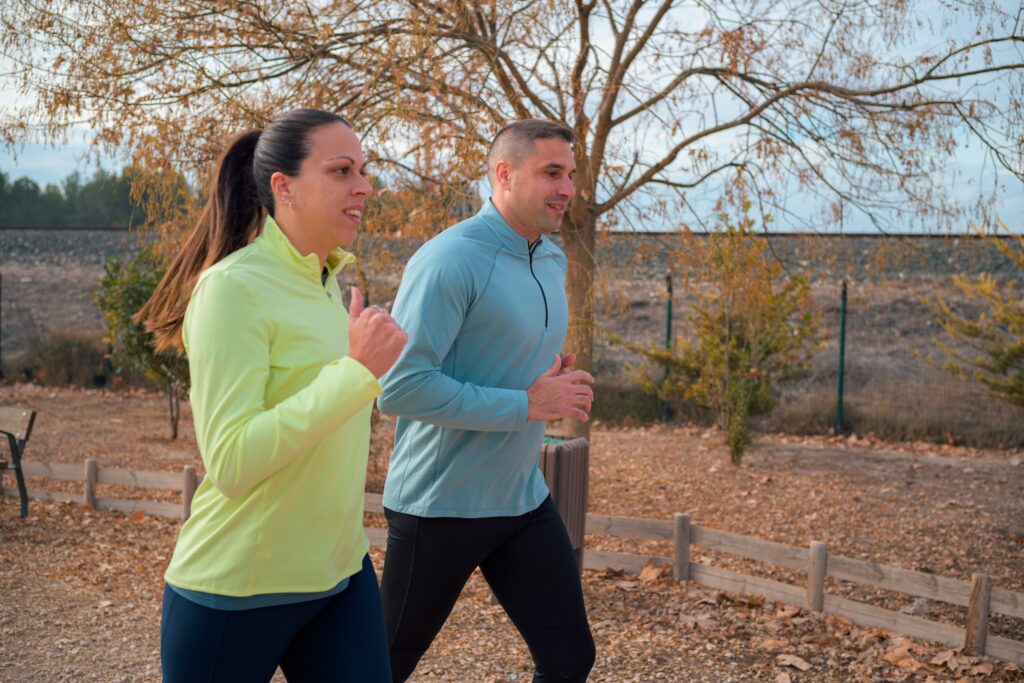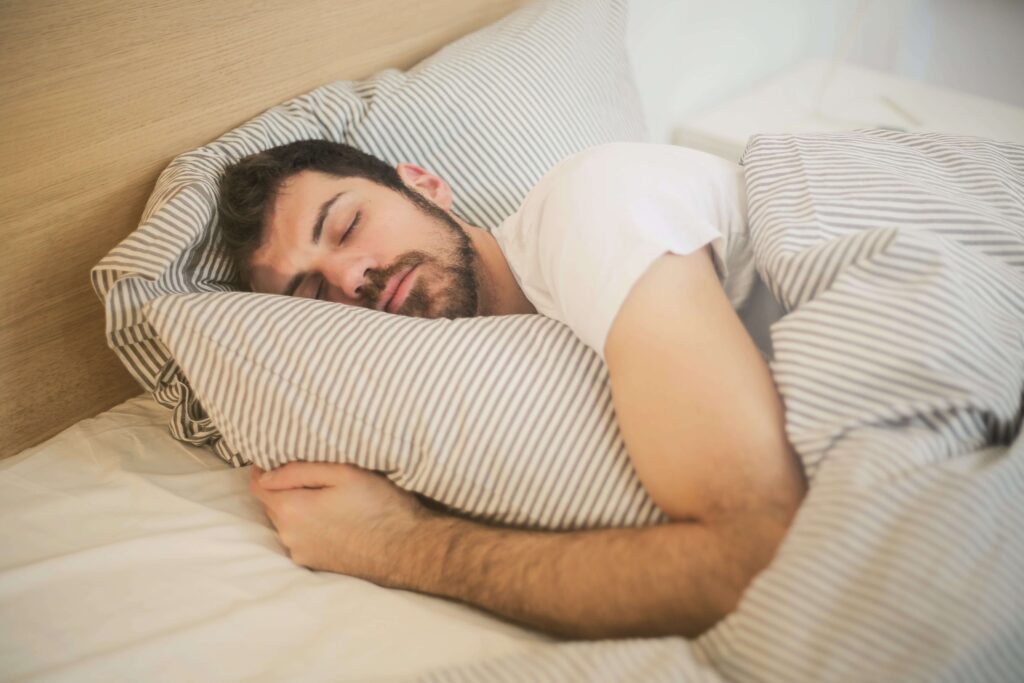Sleep apnea is a serious sleep disorder where breathing stops and starts repeatedly throughout the night. Many people use CPAP (Continuous Positive Airway Pressure) machines to manage their condition, but others look for alternative treatments. One question that comes up often is: does exercise help sleep apnea? We asked Dr. Luke Bauserman of Better Sleep MOV, and he explained how exercise can play a role in managing sleep apnea symptoms.
How Can Exercise Help with Sleep Apnea?

Yes, exercise can help with sleep apnea. According to Dr. Bauserman, exercise can improve sleep efficiency, reduce the severity of sleep apnea, and increase cardiorespiratory fitness.
When you exercise, your body becomes stronger, including the muscles that help keep your airway open. Strengthening these muscles can reduce airway collapse, which is a major cause of sleep apnea. In addition, exercise helps with weight management, which can also reduce sleep apnea symptoms. If you are overweight, losing as little as 15% of your body weight can make a big difference in your condition.
What Type of Exercise is Best for Sleep Apnea?
Not all exercise is equally beneficial for sleep apnea. Dr. Bauserman explains that the best types of exercise for sleep apnea focus on strengthening the throat and respiratory muscles. These exercises include:
- Orofacial Myofunctional Therapy (Mouth and Throat Exercises) – This type of therapy is like physical therapy for your mouth and throat. It involves specific exercises to strengthen the muscles in your tongue, soft palate, and airway. Stronger airway muscles mean your throat is less likely to collapse while sleeping.
- Aerobic Exercise – Activities like walking, jogging, swimming, and cycling improve overall fitness and cardiovascular health. Regular aerobic exercise can help you lose weight and increase your body’s ability to use oxygen efficiently, reducing sleep apnea symptoms.
- Resistance Training – Lifting weights or doing bodyweight exercises like push-ups and squats can help build muscle, boost metabolism, and improve breathing patterns. Stronger muscles in your core and upper body can help support better posture and breathing during sleep.
Does Physical Activity Improve Sleep Apnea?
Yes, regular physical activity can help improve sleep apnea. Exercise helps by:
- Reducing the severity of sleep apnea – Strengthening the muscles in the throat and reducing excess weight can help keep the airway open during sleep.
- Improving sleep efficiency – Exercise helps regulate your sleep cycle, making it easier to fall asleep and stay asleep throughout the night.
- Reducing daytime drowsiness – People with sleep apnea often feel tired during the day due to interrupted sleep. Exercise boosts energy levels and reduces fatigue.
Dr. Bauserman points out that even small amounts of physical activity can have a positive impact. Staying active daily, even with light exercises like stretching or yoga, can help with breathing and overall health.
Can Sleep Apnea Be Fixed Naturally?

Sleep apnea cannot be fully cured naturally, but some lifestyle changes and home remedies may help reduce symptoms. Dr. Bauserman emphasizes that sleep apnea is influenced by two main factors: weight and anatomy.
- Weight – Excess weight, especially around the neck, can put pressure on the airway and make it more likely to collapse during sleep. Losing weight can significantly reduce sleep apnea severity.
- Anatomy – Some people naturally have a narrow airway, a large tongue, or other anatomical features that contribute to sleep apnea. These factors cannot be changed naturally, but treatment options are available.
A Better Alternative to CPAP: Oral Appliance Therapy
For those looking for an alternative to CPAP, oral appliance therapy may be a good option. Dr. Bauserman explains that an oral appliance is a custom-fitted device, similar to a night guard, that keeps your airway open while you sleep. It works by gently shifting the lower jaw forward, preventing airway collapse.
Oral appliances are:
- More comfortable than CPAP machines – No masks, hoses, or air pressure.
- Easier to use and travel with – Small and portable.
- A good option for those with mild to moderate sleep apnea – Especially for those who cannot tolerate CPAP therapy.
If you struggle with CPAP or are looking for a more convenient alternative, oral appliance therapy may be the solution for you.
Conclusion
Exercise can play a big role in managing sleep apnea. Strengthening airway muscles, improving overall fitness, and maintaining a healthy weight can all help reduce symptoms. While sleep apnea cannot be completely cured naturally, lifestyle changes like regular exercise can make a noticeable difference.
Take Our Free Sleep Quiz
For those looking for alternatives to CPAP, oral appliance therapy provides an effective and comfortable way to manage sleep apnea. If you are interested in learning more about this option, take our free online sleep quiz today to see if you are able to qualify for oral appliance therapy. If you are, reach out to Dr. Luke Bauserman for a consultation!

